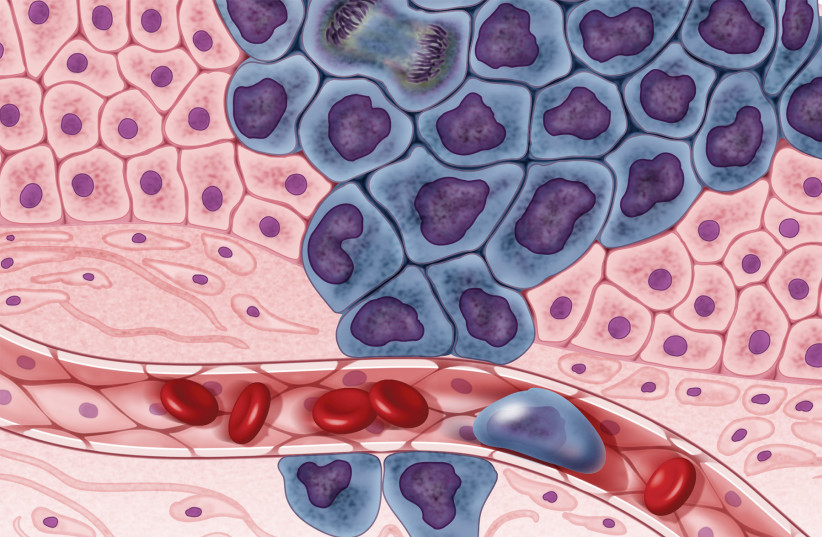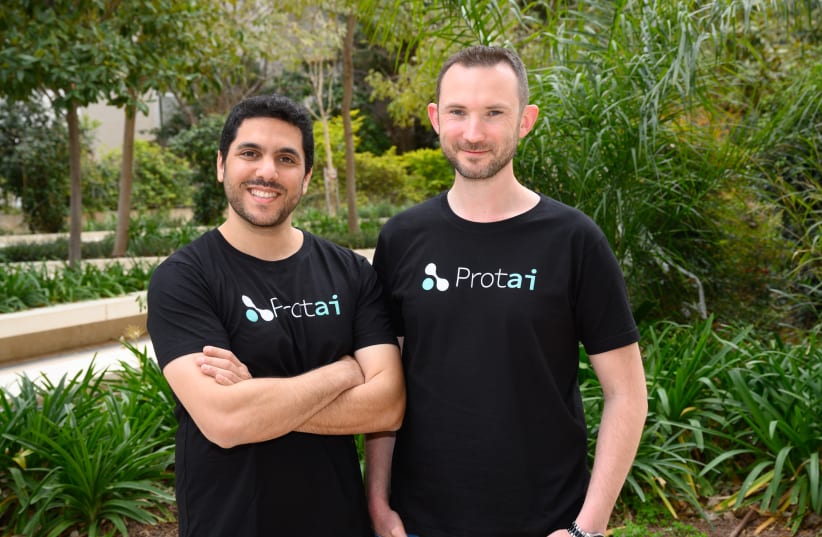AI-driven drug discovery start-up Protai has announced the successful addition of $12 million in seed funding to its current round, bringing the total amount to $20M. The round includes existing investors Grove Ventures and Pitango HealthTech and was joined by Copenhagen-based Maj Invest Equity Fund.
The company, which utilizes its proprietary technology to find and develop novel pharmaceutical drugs for the treatment of cancer, intends to use the funding to build its oncology drug discovery pipeline, expand data acquisition and increase its discovery activities via pharma partnerships.
“We are excited to announce this funding that supports our mission to enhance the drug development pathway from discovery through commercialization,” said Eran Seger, CEO and co-founder of Protai. “I am extremely proud of our talented team and the achievements we have made to date. We look forward to scaling our organization and its important work towards revolutionizing the drug development landscape.”
Since its initial funding last year, Protai established data acquisition, biological validation and drug discovery operations laboratories at its R&D center in Israel, assembled a seasoned drug discovery team and forged partnerships with several top-tier hospitals, giving them access to more than 100,000 well-defined banked samples for their exhaustive tumor mapping initiative, which concentrates on gynecological oncology and lung cancer indications.
Protai’s approach to drug discovery
Protai’s technology aims to yield higher results than those produced by current oncological techniques which utilize genomic biomarkers — the proteins, genes and other substances found within the body that can provide information about cancer. According to the company, genomic biomarkers are only relevant for approximately 15% of tumors, therefore use in oncology is somewhat limited.


Protai’s platform uses protein-level biomarkers, rather than genomic biomarkers. By directly measuring proteins, their interactions and their functions, the company can predict patient populations that would be undetected by the use of genomic markers.
In order to do so, Protai leverages an AI-based proteomics platform, which studies the aforementioned protein biomarkers in order to produce protein-level data. The platform enables Protai to comprehensively map the course of a disease, to better predict which patients will respond to a given drug and to discover novel drug targets that were missed by genomic approaches.
The company believes that these discoveries may be the key to significantly accelerating drug discovery and clinical development, which would mean lower time and financial costs of R&D down the line.

